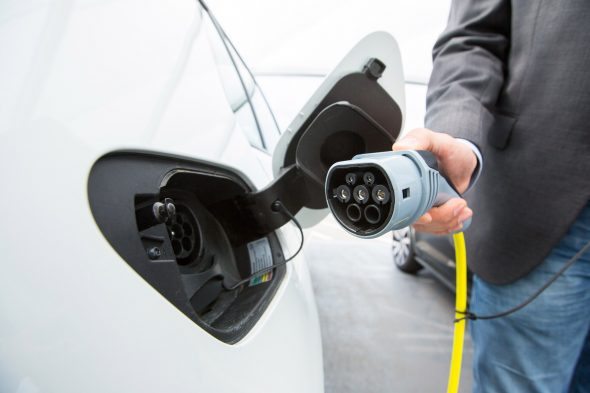This sounds like offloading responsibility for grid stability onto consumers. Do the tax reliefs offset the cost of putting wear cycles one’s personal battery?
I can‘t wait for it. In general, for the price of a home batterie you get double the amount of Watt plus 4 wheels from automotive industry. Even if you don’t drive it, it’s way cheaper.
Take this and mix it with the new regulation for flexible power prices starting in January. We have negative prices in Europe thanks to nuclear plants that are always on. You load your car and get money for it. You unload in the evening and get money for it.
Sure, there‘ll be some barriers to prevent ordinary people playing the power-money-game. However, power will become fck cheap for the lucky with electric cars.
Fine, fucking, ally.
We need v2g but PGE is far too corrupt and broken and murderous and just plain stupid to ever figure this out.
Even grid-coordinated charging (ie load-shifting based on supply) would be massive, but the utility that supplies silicon valley is stuck in the 1800s.
This really solves the problem of people running out of juice. Passerby just plugs you in for a few minutes. Tow truck shows up with a built in fast charger…
V2V level 3 is quite a bit different than V2L.
V2V level 2 is very similar to V2L, but much slower than level 3.
V2G is different than both, as you have to sync the phases.
bidirectional? good for them



